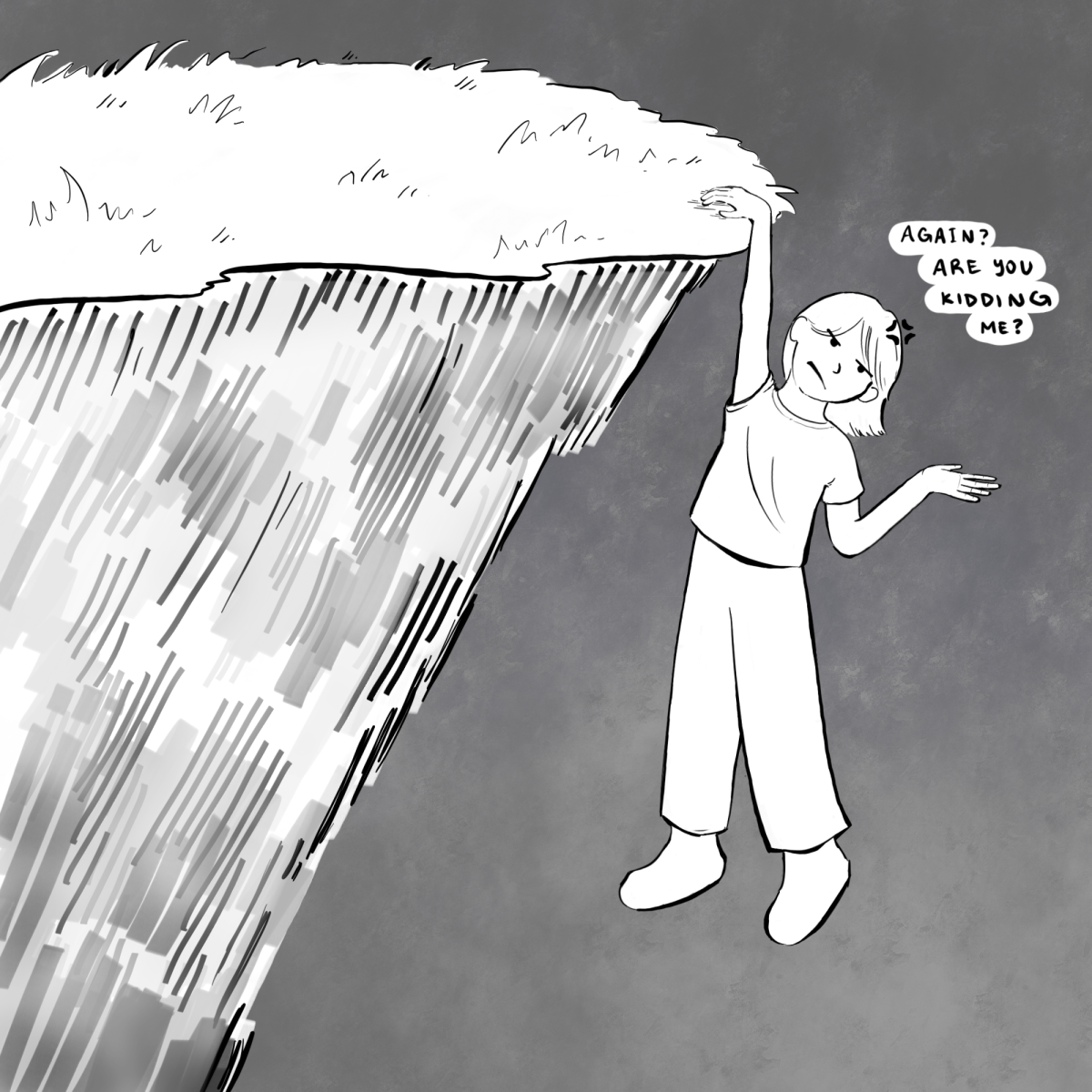The fantasy of addiction
March 30, 2017
Peter Hitchens is the kind of right-wing contrarian who may soon come to greater popularity in the United States, the same way Milo Yiannopoulos and other hard or alt-right journalists have broken into mainstream dialogue.
Their methods of breaking in are, of course, contrarian in themselves. It is only because of students rioting at institutions of higher learning such as UC Berkeley and Middlebury College against speakers they feel lean too far to the right that the mainstream media has been forced to at least acknowledge their existence. So while Hitchens sets himself firmly against most aspects of modern society, it may be he is just crazy enough to start a conversation about one of his most heretical opinions: the fantasy of addiction, or that addiction is not a disease.
Hitchens idea is radical, even by his own standards. He accidently went public during a debate about drugs and addiction on a BBC debate with Matthew Perry (best known for playing Chandler Bing on “Friends”) and Baroness Molly Meacher. He later wrote an article for the magazine First Things with his fully fleshed out argument.
His argument is as follows: addiction is not an illness because saying so implies that free will is subject to the urge for the addictive substance or activity, when in fact, it is only through the power of will that addicts recover.
In his own words: “The chief difficulty with the word ‘addiction’ is the idea that it describes a power greater than the will. If it exists in the way we use it and in the way our legal and medical systems assume it exists, then free will has been abolished. I know there are people who think and argue this is so. But this is not one of those things that can be demonstrated by falsifiable experiment. In the end, the idea that humans do not really have free will is a contentious opinion, not an objective fact.”
While some of his claims are debunked by raw statistics and neuroscience, his elevation of free will is one not often seen nowadays, and for that I believe his idea is worth pondering, if not accepting. I should point out that Hitchens is not arguing that substance abuse does not cause long-term damage to the brain or anything of the sort, simply that it is foolish to tell addicts that they have no control over their actions and are therefore not responsible for the situation in which they find themselves.
Many institutions that deal with such people, from Alcoholics Anonymous to rehab facilities, have come to refer to any kind of addiction as a disease or a malady, and hold that the patient and everyone else should view the affliction as such.
For example, it is impolite to refer to alcoholics as “habitual drunkards” or anything of the sort because that implies too much blame. But it seems counterintuitive to me, a lay person, to try to convince addicts that they have no power over their situations while it is only through sheer force of will that they have any hope of overcoming them. I cannot see how a disease such as cancer, which claims victims cruelly and somewhat randomly, can be in the same category as the self-imposed addiction to heroin. But, some might say: what if the addict had a terrible childhood, or was at the end of their rope? Shouldn’t that shrink their responsibility? Perhaps, but only God can judge that perfectly. The fact remains that they make the choice to use their drug, and they can also make the choice to stop using. They are not afflicted with an illness, only a bad habit.
This may sound uncompassionate, but really what I believe is that free will is the most powerful force in the universe. Addiction is not a disease, but a case of humans harming themselves unnaturally. It takes incredible will-power to reverse brain chemistry, but it can be done.







